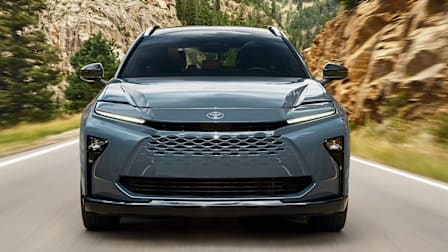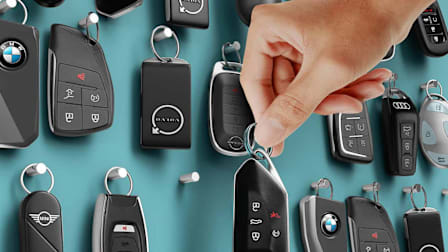Troubles With Turbo Engine Reliability
CR's exclusive reliability data can point you to the brands and models you can depend on and those you should steer clear of

Automakers are dropping more turbocharged engines under the hoods of their latest models as they try to boost fuel efficiency without sacrificing engine performance.
Smaller turbocharged engines appeal to consumers and auto companies because they offer the promise of more power but with the fuel efficiency of a smaller engine. Automakers also like them because they see turbos as a way to help meet government fuel-economy standards.
That might sound like a win-win situation, except not all automakers are making high-quality turbo engines, according to data from our annual Auto Reliability Survey, which polls CR members about their experience with more than 500,000 cars, minivans, SUVs, and trucks. Consumers should be aware of potentially problematic turbos when shopping for a new car.




